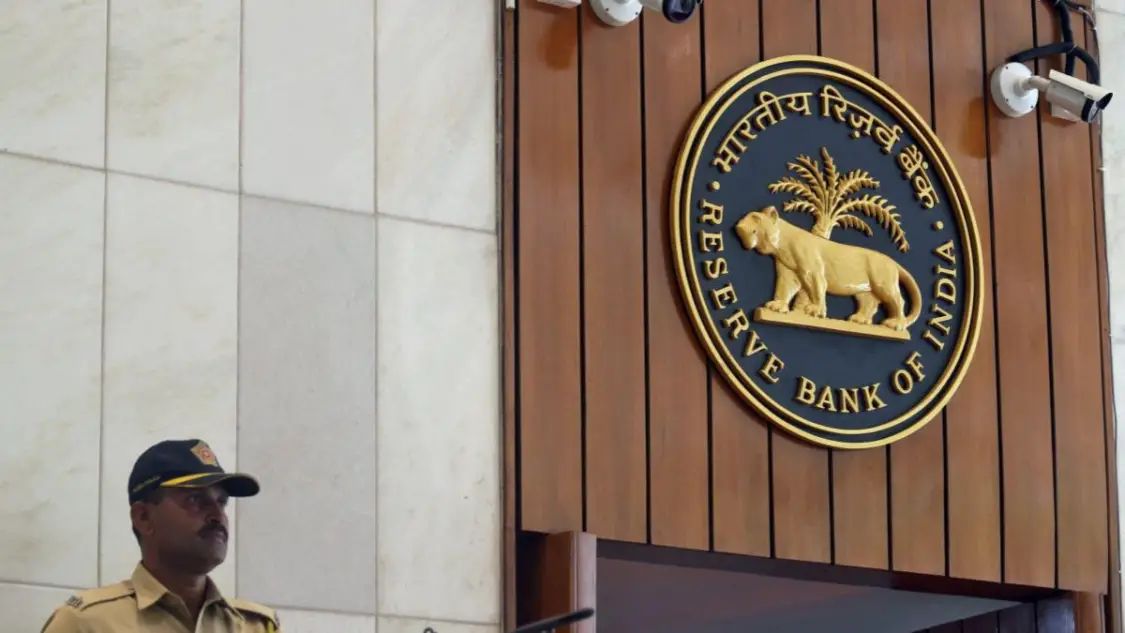Deposit-taking NBFCs shrink on RBI strictures
The increasing regulatory scrutiny on deposit-taking entities of non-banking financial companies, and the RBI (Reserve Bank of India) reluctance in handing out fresh deposit permits has compelled shadow banks to look for alternate sources of funding.
Additionally, the inability of many small and medium-sized NBFCs to build a sizeable deposit base has contributed to the sharp decline in the number of deposit-taking NBFCs, say experts.
Latest data from the Reserve Bank of India (RBI) showed that number of deposit-taking NBFCs fell to 26 in September 2023 from 241 in March 2014. The deposit base of non-bank lenders stood at Rs 96,156 crore as of September 30.
“The regulations for deposit-taking NBFCs are very stringent regardless of size and scale of these lenders. It has been a stated policy of RBI to discourage deposit acceptance by NBFCs. For instance, deposit taking NBFCs are not eligible to partake in co-lending arrangements even as these type of arrangements have gained traction,” said Raman Aggarwal, director, Finance Industry Development Council.
Aggarwal added that there have been instances wherein, RBI officials have advised small NBFCs to stop accepting deposits and convert to non-deposit taking NBFC so that they are not subject to stringent regulations which are at par with Systemically Important NBFCs
“The customer base for deposit-taking NBFCs are typically in the underbanked segment. Here, these entities need a brick and mortar presence to build a liability franchise as that builds trust,” says Vivek Iyer, partner, Grant Thornton Bharat.
He added that these NBFCs must invest a portion of the deposits in fixed income securities. The margins are not significant enough and hence, the operating model is not relevant from a business point of view.
According to RBI’s norms, NBFCs can accept or renew public deposits for a minimum of 12 months and a maximum period of 60 months. Unlike banks, they cannot accept low-cost current account savings account(CASA) deposits.
As a result of this, these entities are compelled to offer a higher interest rate or offer deposits for a longer tenure. Experts say that this tends to result in an asset liability mismatch.
“All said and done, the regulatory and market environment may not be conducive for deposit-taking NBFCs. But, some entities that have a good credit rating and brand name will continue to enjoy deposits,” Ashvin Parekh, managing director, Ashvin Parekh Advisory said, adding that on the other hand, smaller NBFCs may opt to reduce their dependence on deposits.
In order to accept deposits, NBFCs must have a minimum investment grade rating of BBB-.
The demand for a deposit license has seen a resurgence among NBFCs in recent years as many lenders grapple with a high borrowing cost.
Nevertheless, RBI has on numerous occasions, stated that it does not intend to issue fresh deposit licenses to NBFCs citing the objective of the protection of depositors’cinterest.
In RBI’s latest bulletin, RBI Deputy Governor M. Rajeshwar Rao highlighted that while NBFCs have evolved to serve a specific economic function, it is ‘uncharacteristic’ for them to demand becoming like a bank.
With RBI tightening its scrutiny on the activity of non-bank lenders, experts feel that many more NBFCs will re-think deposits.
“RBI has been consciously avoiding giving new public deposit licenses to NBFCs given the experience with some large NBFC facing governance and other issues thereby risking public depositor money,” says Bhavik Hathi, managing director, Alvarez and Marsal.
He added that the regulatory arbitrage for larger NBFCs has decreased over time, but still remains for smaller NBFCs. So he does not expect RBI to start giving new public deposit licenses anytime soon.






